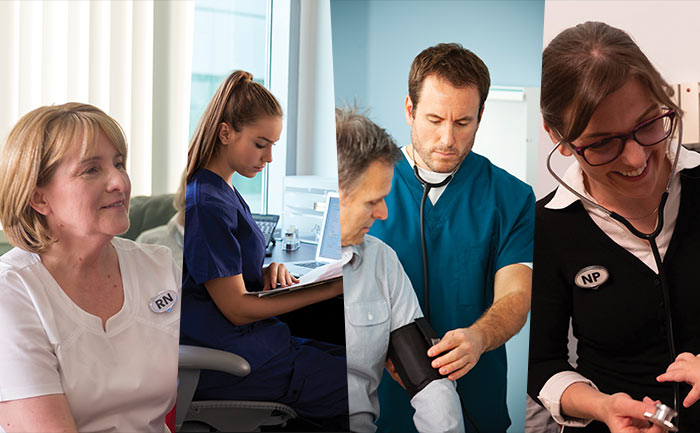Question 3: Does the RN or NP have the competencies needed to perform the activity?
Individual scope of practice is unique and specific to each RN and NP. Prior to performing any procedure or activity, nurses are accountable for reflecting on their individual competence and consider whether they have the adequate knowledge, skill, and judgment to perform the activity safely and competently.
Additional competencies may be gained through experience, on-the-job training, post-basic education and/or certification.
Self-reflecting questions will help the RN or NP determine their individual scope:
- Am I the most appropriate care provider?
- Do I have the knowledge, skill and judgment to:
- (a) Assess the appropriateness of performing the procedure?
- (b) Perform the procedure?
- (c) Manage the patient before, during, and after the procedure?
- How will I obtain and maintain my competence?
RNs and NPs requiring additional education and training to safely perform an activity within their practice environment, should discuss this limitation with their employer and seek opportunities for educational support.
